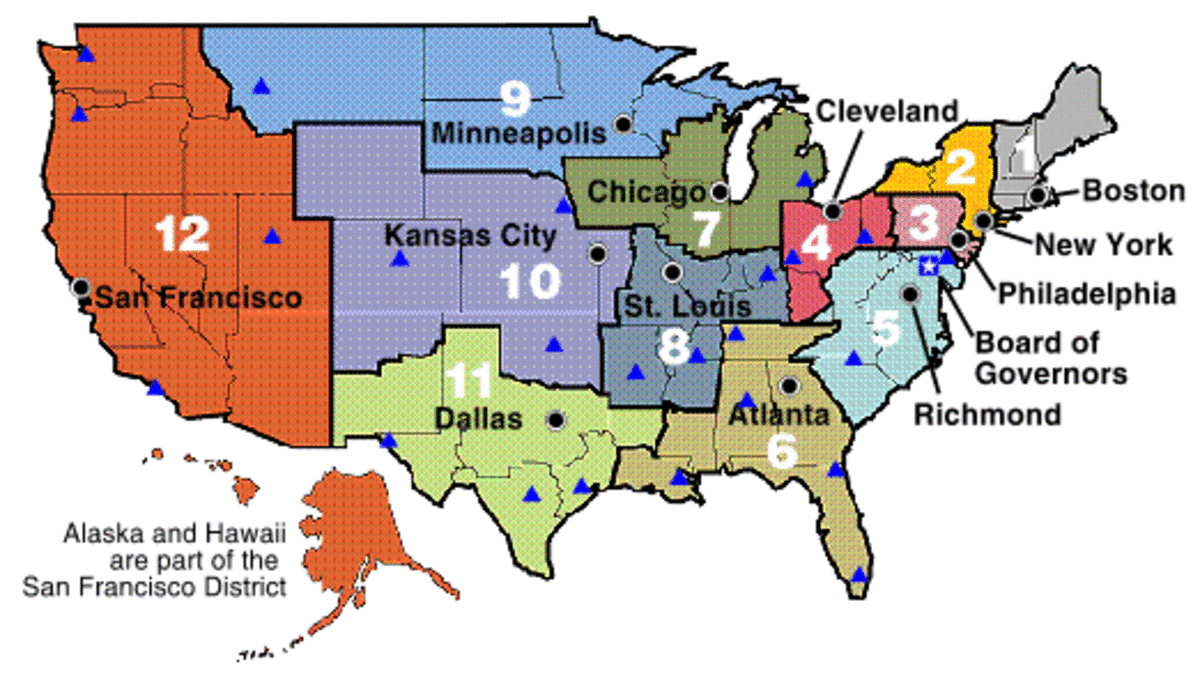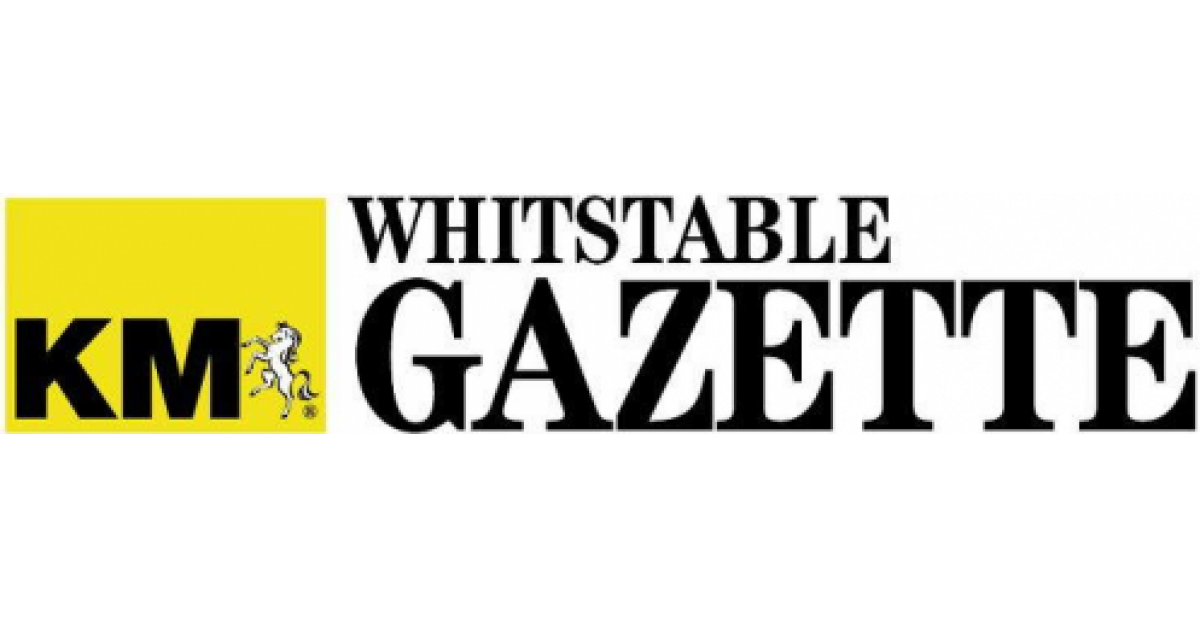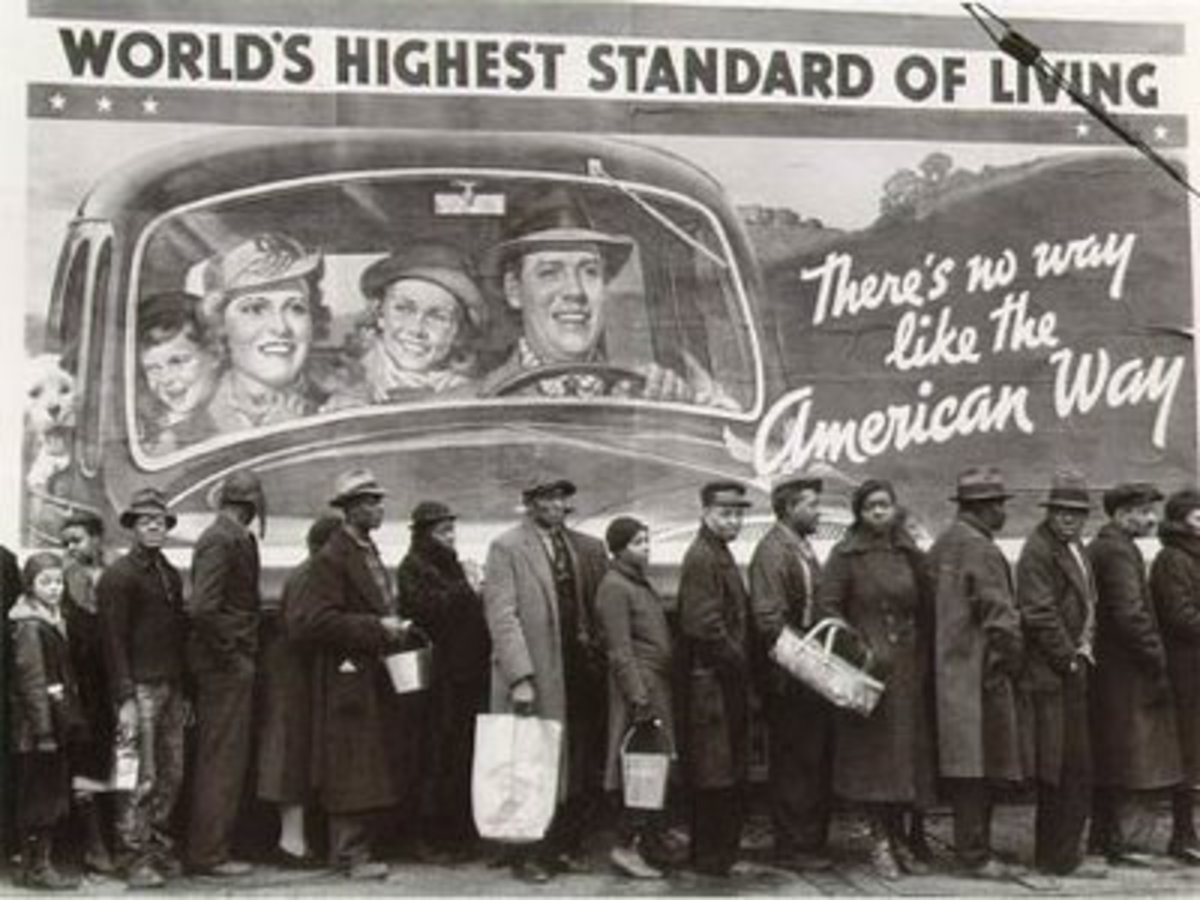A Mayor and His Mortgage - A Tale of Financial Disaster
Mayors Have to Buy Their Own Homes
One of the perks of being the President or Vice President of the U.S. as well as governor of one of the 50 states is free housing. The home comes with the job. However, except for major cities, like New York or Chicago, free housing is generally not provided for the mayors of our cities. Mayors, like the rest of us, have to provide their own housing.
Being responsible for their own housing means that Mayors have to obtain a mortgage to pay for their home and, like everyone else, they seek to get the best interest rate and other terms in order to keep their costs down.
One way, outside of refinancing their mortgage, that borrowers try to reduce their interest costs, and are sometimes successful. is by requesting to have the private mortgage insurance on their mortgage dropped.
Private Mortgage Insurance Explained
Private Mortgage Insurance is insurance, which the borrower pays for, that protects the mortgage lender against loss if the borrower defaults. Basically, instead of going through the long, sometimes up to a year or more depending upon the law in the state in which the property is located, and costly process of foreclosure, the bank simply turns the mortgage over to the company that issued the insurance in exchange for the unpaid portion of the mortgage and the insurance company that issued the policy goes about foreclosing to get its money back. Private mortgage insurance is generally required for loans on homes on which the borrower has only made small down payment thereby placing the bulk of the financial risk on the lender.
Private mortgage insurance is similar to FHA insurance in which the Federal Housing Administration, an agency of the Federal Government collects a fee from the borrower and provides the same type of guaranty to the lender, the main difference being that it is the taxpayers who ultimately bear the risk on FHA insurance while, in the case of private mortgage insurance, it is the company's stock holders who ultimately bear the risk. VA (Veterans Administration) loans include the same type of protection for lenders except that the Veterans Administration does not charge the Veteran borrowing the money for the loan to pay for the insurance as the government simply guarantees the loan.
In the past lenders included the private mortgage insurance premium, usually a quarter to a half of one percent of the loan balance, as a separate component of the monthly mortgage payment. Once the borrower's payments reduced the balance of the loan below a certain amount, usually seventy-five to eighty percent of the original purchase price the lender would drop the insurance coverage. Sometimes the lender left the charge on the payment but, if they didn't drop it automatically, would do so at the borrower's request.
Eventually, lenders decided to simply increase the interest rate on low down payment loans by the amount of the mortgage insurance premium. In this way, the lender was technically paying for the mortgage insurance as the premium was included in the contract interest rate. While persistent borrowers could sometimes get their interest rate reduced by the amount of the mortgage insurance premium once the insurance was dropped, they were usually the exception rather than the rule.
Billings Montana Mayor Chuck Tooley
This brings us to Billings, Montana Mayor Chuck Tooley and his request to have the interest rate on his loan reduced by the amount of the private mortgage insurance premium. He made the request after he and his wife had determined that their equity in the property had grown to the point where mortgage insurance was no longer necessary.
Normally such a request is handled by someone in the local office of the lender or sent to headquarters where it is referred to a mid-level executive or committee for a decision.
While frequently denied, such requests generally do not result in the borrower's name appearing prominently in an article of page D3 of the March 19, 2009 issue of the Washington Post newspaper much less be a topic of discussion on pages 24 - 26 of a March 19, 2009 report by the Committee on Oversight and Government Reform of the U. S. House of Representatives.
After all, Mayor Tooley is a small city (population 89,847 according to 2000 Census) Mayor in small, population wise (Montana population 900,000), western state that is entitled to only one Congressman for the entire state. Suddenly his request for a reduction in the interest rate on his mortgage has his name linked with that of characters like Connecticut Senator Christopher Dodd, North Dakota Senator Kent Conrad, former Fannie Mae executive James Johnson and others deeply mired in the political scandals surrounding the recent collapse of the financial industry.
Mayor Tooley was a busy man in 2002 when he made his request. In addition to being Mayor of Billings, Montana he also sat on the Advisory Board of the U.S. Conference of Mayors and it was at a meeting of the U.S. Conference of Mayors in Madison, Wisconsin where he met a Mr. Jimmie Williams, a high level employee of the company that held his mortgage, and asked Mr. Williams about getting the mortgage insurance dropped from his mortgage and the rate reduced accordingly.
The problem was, Mayor Tooley's mortgage company was Countrywide Financial and Mr. Williams was a Lobbyist for that company. And not just a lobbyist but one charged with finding and calculating the potential financial value to the company of influential people.
Government Sponsored Enterprises are at The Heart of the 2008 World Financial Collapse
The opening paragraph of the Executive Summary of the report on page 4 of the House Committee on Oversight and Government Reform states:
With Countrywide-originated loans serving as fuel and Government-Sponsored Enterprises (“GSEs”) Fannie Mae and Freddie Mac acting as a furnace, the alliance of thecompanies created an enormous fire that eventually consumed the American economy.Many of the people in position to reform the GSEs and extinguish the flames before thedanger spread were receiving perquisites from a VIP loan program operated byCountrywide under the supervision of Chairman and CEO Angelo Mozilo. Theseincluded Fannie Mae Chief Executive Franklin D. Raines and two Senators withlegislative jurisdiction over the issues at the heart of the emerging financial crisis –Christopher Dodd and Kent Conrad.
As I pointed out in my Hub Blame Washington Not Wall Street, a major factor in the current financial crisis was the practice of Fannie Mae and Freddie Mac, both Government Sponsored Enterprises or GSEs, of mixing good loans and bad loans together in mortgage backed securities which were then sold to other investors. The market tolerated this based upon the belief that the U.S. Treasury stood behind and guaranteed the securities being marketed by Fannie Mae and Freddie Mac.
While the mainstream media and friends of big government try to place the blame for the financial crisis on the free market and claim that lack of regulation was the root of the problem, the report makes it clear that it was the existence of Government Sponsored Enterprises which were not only unregulated but bolstered by the myth that their securities were backed by the full faith and credit of the U.S. Government along with an active market in the buying and selling of political influence that is at the root of the crisis.
On Page 8 of the Committee Report we read:
Because newly privatized Fannie Mae continued to enjoy the benefits of its federal charter, which included an exemption from taxation and Securities and Exchange Commission (SEC)oversight as well as implied government backing of debt, it was operated as aGovernment-Sponsored Enterprise (“GSE”). As a GSE, it is not subject to SECsecurities registration and reporting requirements applying to public companies.
Moving on to pages 16 and 17 we read:
Listed below are individuals with primary responsibility to determine how Fannie and Freddie would be administered who also received or were offered benefits through the VIP program:
- Senator Kent Conrad, Chairman of the Budget Committee and aMember of the Finance Committee, for whom Mozilo instructed the VIPloan department to “Take off 1 point”;
- Senator Christopher Dodd, Member of the Committee on Banking,Housing and Urban Affairs (elevated to Committee Chairman in 2007), who saved approximately $75,000 by refinancing his home at a reduced rate;
- Senator John Edwards, Member of the Judiciary Committee, who wasreferred to the “Friends of Angelo” program when trying to finance thepurchase of a $3.8 million home in Georgetown;
- Alphonso Jackson, Secretary of Housing and Urban Development, whoreceived two loans through the VIP program,59 and whose daughter wasreferred to the VIP program by a Countrywide lobbyist;
- James “Jim” Johnson, former Fannie Mae CEO and adviser to thepresidential campaigns of John Kerry and Barack Obama, whose loanswere priced personally by Mozilo at discounted rates.
- Clinton Jones III, senior counsel of the House Financial ServicesSubcommittee on Housing and Community Opportunity, who was referredfor “specialized handling” to the “Friends of Angelo” program by aCountrywide lobbyist, resulting in “.5 off and no garbage fees”; and,
- Franklin D. Raines, CEO of Fannie Mae, for whom Countrywide’s VIPloan division applied a discount of “1 point off, no junk”63 to a $1 millionrefinance in response to a phone call from his secretary stating “perAngelo, Frank needs to refi.”
This group, members of which were able to directly influence the debate abouthow to reform the GSEs and the mortgage originators, represents the most flagrantattempt by Countrywide to buy a voice in the debate.
For a market to exist you have to have both a buyer and a seller. No rational person pays for a non-existent good or service.
Thus, in a crowded restaurant, where seating is in short supply, one will tip the maitre d' with the understanding that the maitre d' will use his power to make a table available quickly. However, no tips are needed and none are paid at times when there are plenty of empty tables available.
When government gets involved with managing the economy, access to resources is restricted and a shortage created which encourages business people and consumers to offer bribes to the politicians and bureaucrats who control access to the desired resources. This is why big government and corruption go hand in hand.
While there is no excuse for the corrupt practices of Countrywide Financial under the leadership of it now disgraced Chairman Angelo Mozilo and his executive team, it is important to remember that the only reason they were able to buy a voice in the debate over the attempts to reign in Fannie Mae and Freddie Mac years before the crisis hit was that there were plenty of voices in high levels of the government for sale.
It should also be remembered that, once the crisis hit, the market quickly chastised Countrywide Financial causing its value to drop to near zero and forcing it to be rescued by having Bank of America purchase it. Bank of America then promptly forced Mozilo out. However, many of those on the selling side of the voice transaction, U.S. Senators and other government officials are still in office trying to convince us to trust them with more power.
What Happened to Poor Mayor Tooley's Request?
Mayor Tooley got his interest rate reduction but only after a careful underwriting of his political net worth.
You see, Angelo Mozilo and his executive team applied the same hard nosed business criteria to buying friends as they did to making financial decisions for the company.
Actually, Countrywide would give almost anyone a loan but only reward a friend with a break on loan interest or points if the political value of that person to Countrywide was worth more financially than the loss of revenue to Countrywide resulting from the rate or point reduction.
The Friends of Angelo program could be considered a lifeline for Countrywide as the company's huge profits and continued growth rested on Fannie Mae's continued ability to purchase the junk loans that Countrywide was selling them.
If Congress and the Bush Administration had been allowed to reign in and regulate Fannie Mae and dispel the myth that Fannie Mae's paper was backed by the full faith and credit of the U.S. Government, the game would be over and Countrywide would have been forced to suddenly compete for quality borrowers in a housing and mortgage market that was approaching saturation.
The Underwriting of Mayor Tooley's Political Worth
On his own, the value Mayor Tooley's net political worth was less than the value of the quarter of one percent interest he was paying on his loan each month as Sydney Lenz, a Managing Director of Countrywide observed in a June 26, 2002 email to a Countrywide attorney, Jay Laifman (which appears on page 24 of the Committee's Report) and copied to other Countrywide officers including Jimmie Williams, to the question of dropping the MI amount in Mayor Tooley's monthly payment:
I’m usually in favor of settling on the side of the borrower withpolitical influence. However, in this case, I think the MI paymentfor the life of the loan has the potential of being a greater numberthan the Mayor of Billings Montana influence. Jimmie, since youwork with the mayors, what’s your opinion?
However, fortunately, or unfortunately in hindsight, Jimmie Williams pointed out in his email reply that Mayor Tooley's wife, who as the Director of National Advertising for New Republic Magazine, had some potential political value of her own, could be added to the equation thereby tipping the scale in favor of Mayor Tooley's request.
Just as a good loan officer will sometimes salvage a loan application by having the applicant find a credit worthy co-signer, Williams was able to add the Mayor's wife's political capital to the favor thereby making the political benefit greater than the financial cost of granting the Mayor's request.
Mayor Tooley Was Really Just an Innocent Pawn in This Affair
There is nothing in the report to suggest that Mayor Tooley ever did anything unethical, illegal or of consequence to help Countrywide in its efforts to keep the government from reigning in Fannie Mae.
But, then, he really wasn't expected to as he was a distant small city mayor who happened to do some traveling around the country speaking with other mayors and officials as part of his work with the U.S. Conference of Mayors.
Simply by appearing satisfied with Countrywide's service and Fannie Mae's stated mission of providing affordable housing for the American people was sufficient. As a mayor, his position carried some weight with Main Street and middle America.
Mayor Tooley one of the many low level Friends of Angelo whose public stature helped advance the public relations campaign of Countrywide and Fannie Mae while the heavy hitters in Washington, who received the big dollar breaks on their loans, provided the muscle to keep the government from controlling the monster whose actions were leading us to financial disaster.
Government is the Problem, Not the Solution - Former President Ronald Reagan
For a government report, the 63 page House of Representatives Committee on Government Oversight and Reform's report released March 19, 2009 and titled Friends of Angelo: Countrywide's Systematic and Successful Effort to Buy Influence and Block Reform, (which can be found online at http://republicans.oversight.house.gov/media/pdfs/20090319FriendsofAngelo.pdf )is straight forward and easy reading.
Written in plain English, it takes the reader step by step through the history of the rise of Countrywide and Fannie May and the process by which the two, with the help of greedy politicians, set the mortgage market on a course that eventually resulted in the 2008 worldwide financial crash.
Reading it, one can easily understand former President Ronald Reagan's dictum that Government is the problem, Not the solution.













